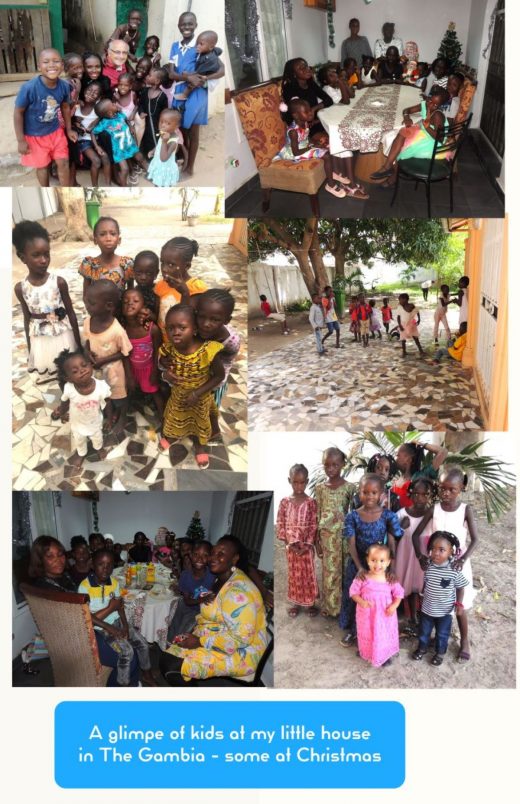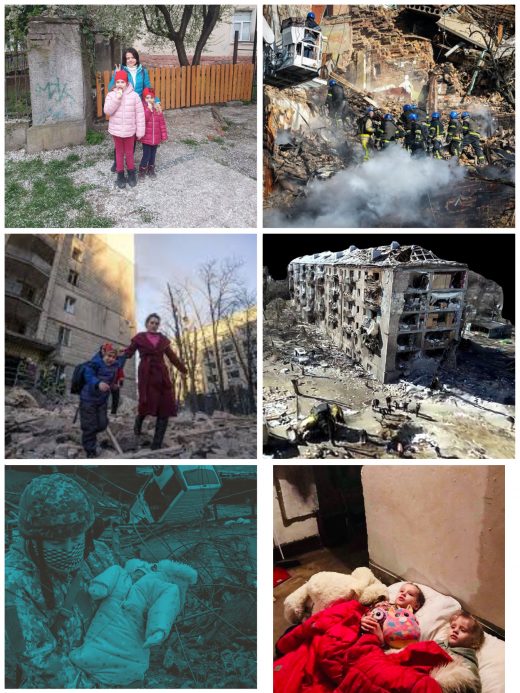The integration of economies, shifts in manufacturing bases, communications developments and technological developments are having impacts, causing stress and re-evaluation of institutions, programs and methodologies. These economic thrusts are shaping political agendas as well. The apparent inability of national governments to control either economic levers, interest rates or currency patterns exemplifies and heightens these shifts. Local levels of administration are being given more importance in the scheme of policy making and program design.
Natural resources and physical attributes are becoming much less valuable as assets while quality of life, communications-linkages and educational resources become more valuable. Human resources and their development will be significant – as will the ability to envision the more global and ongoing restructuring.
Lack of policy focused on people is causing a downward spiral of economic and social activity. We are witnessing in rural areas a continual erosion of the population with a continual outflow of potential leadership and ability, leading to a gradual but constant erosion of the population, the economic base, and the ability of the community to sustain itself. And the influx of rural people into urban areas places a burden on these larger centres to develop infrastructure and to provide the transition support required. The result is a gradual depletion of the economic base of urban centres as well. Thus the whole structure of our society is being diminished rather than enhanced. What results are budget deficits, further cutbacks, program curtailment, weakened support environments and the present malaise and despair. Everyone tries harder to do more with less, not realizing that perhaps they have to do less – and do it differently.
Realization is dawning that development for its own sake has little purpose, is destructive and really doesn’t satisfy people’s needs or fill the voids that they are experiencing. This realization has resulted in disillusionment, despair and anguish. The fear of not knowing who they are, where they fit or the direction of society has become a compelling passion for most.
Culture provides both the key to unlock the potential of our human resource and the opportunity for economic growth. Its inextricable link to communications will confirm the participation by this region in a new world order – one predicated on knowledge and information. The rich, creative nature of our people will ensure future developments tied to technical innovations benefitting not only ourselves but the world.
Thus, new community development approaches must begin with human resource inventories, their strengths and weaknesses. The natural abilities, talents and cultural attributes of the local populace have ultimate significance. People’s ability to be self-reliant, self-motivated and mobile are key considerations. Physical strengths and weaknesses have to be categorized in relationship to more global developments and new regional integrations. The challenge is to evolve institutions, programs and structures that are relevant.
Policy-makers must realize that the true resource of the future is the human resource, that new programs must encourage cultural research and development, that cross-cultural linkages are invaluable tools in fostering appreciation for our own worth and in marketing the commodities we possess.
It is my contention that Community begins when two people share. The sharing is what creates the economy, and subsequently, lifestyle. Development is neither the beginning or the end; it is the process and the measure of the success of our ability to share. It relates to people, their aspirations, their dreams and, fundamentally, their own efforts to bring these to reality. Thus each sharing is a new beginning, new development and a new reality. Each sharing involves a process of introspection, reflection and perspective. It requires understanding, patience and trust – all arduous activities. Activities that are stressful and often encompassing pain – ultimately the real human avoidance issue.
Development – community, social, or economic – must begin with basics and focus on the human resource. An examination of ourselves, our history and our environment is crucial. Understanding the full extent of this self-knowledge, its relationship to where we live, and why we live here is fundamental. True development is a long term prospect : it is one that has been to long posponed in favour of short term escape routes – routes that end up being complicated traps.


